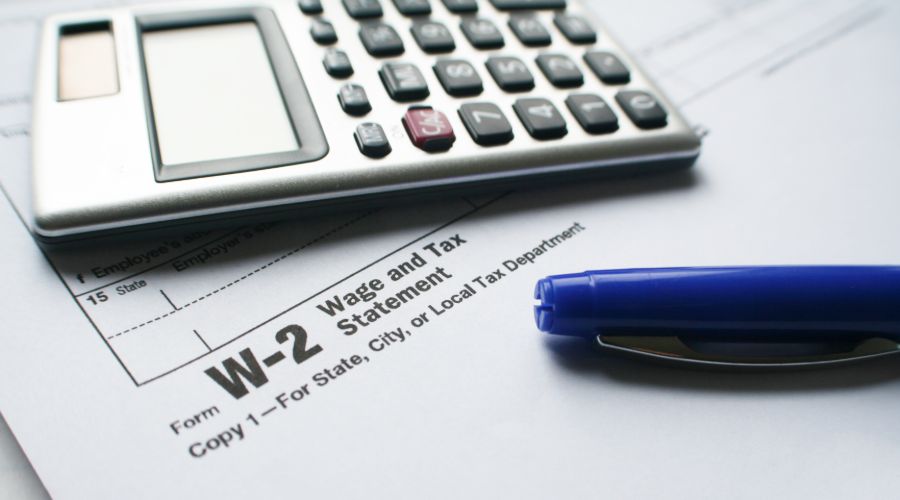Workforce Innovation & Opportunity Act

The Workforce Innovation & Opportunity Act (WIOA) is the primary workforce development law in the United States. The WIOA has reformed the federal job training system to help it be more practical for both workers and employers.
Through the WIOA, people who are underemployed or unemployed have access to resources that help them find jobs and learn the skills they need to get hired.
The WIOA established four primary programs:
- Adult, dislocated worker, and youth employment and training programs, administered by the Department of Labor (DOL);
- Adult education and literacy programs, administered by the Department of Education (ED);
- Wagner-Peyser Act employment service programs (employment service programs that are a joint effort between federal and state governments), administered by the DOL; and
- Rehabilitation Act, which provides services to people with disabilities, administered by the ED.
How does the Workforce Innovation & Opportunity Act Help Employers?
The WIOA sets up Career One-Stop Business Centers, where you can hire, train, and retrain your workforce. Through these Business Centers, you can post job openings and screen applicants onsite.
Through the WIOA, businesses are encouraged to work with their states to let job centers know what skills they need. Then, the job centers can focus on training people to have those skills, so you get the skilled workers you need.
The WIOA also helps employers set up on-the-job training programs to help you create a more skilled workforce. Some states even have programs in place to reimburse employers for the costs associated with upgrading their training programs.
That All Sounds Great, but How Much Does It Cost Me?
The Federal Unemployment Tax Act (FUTA) is a federal employer tax and is used, partially, to fund state workforce agencies (which make job centers possible). You’ll determine how much FUTA tax you owe through Form 940, Employer’s Annual Federal Unemployment (FUTA) Tax Return.


